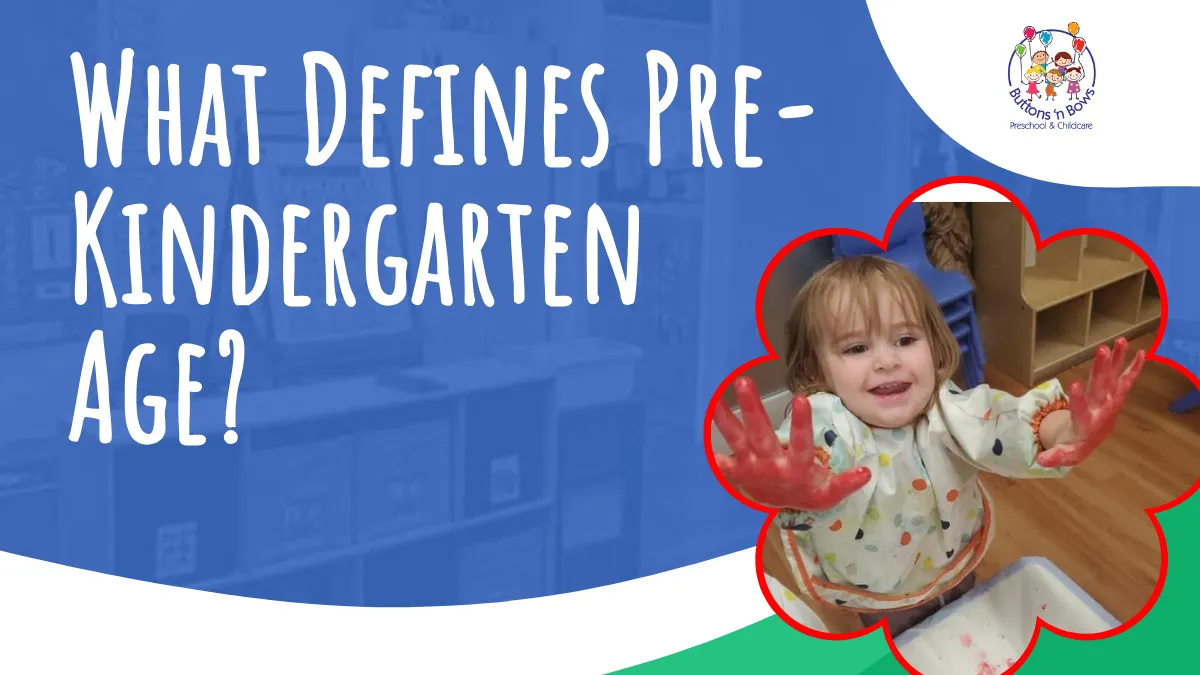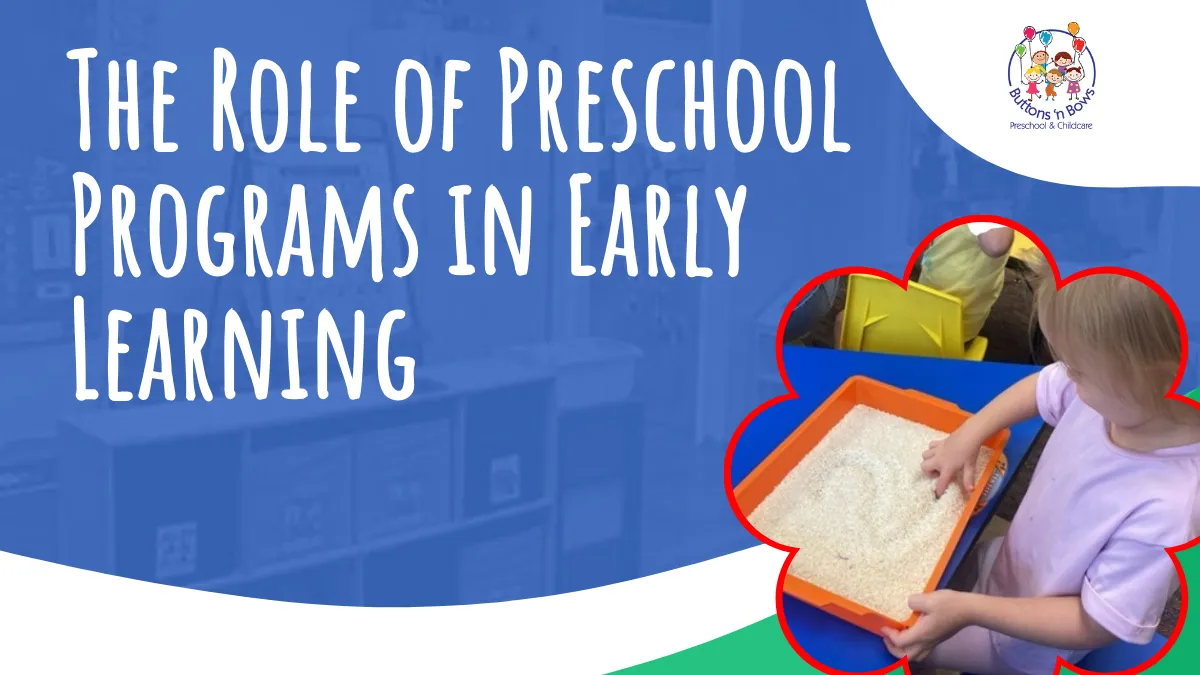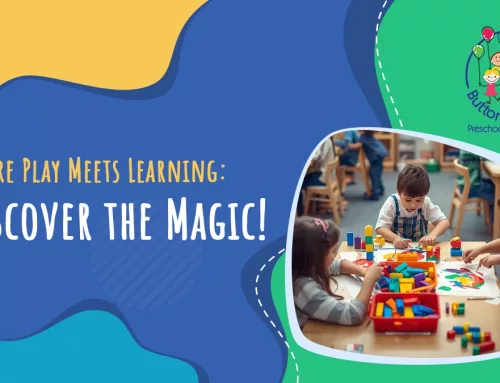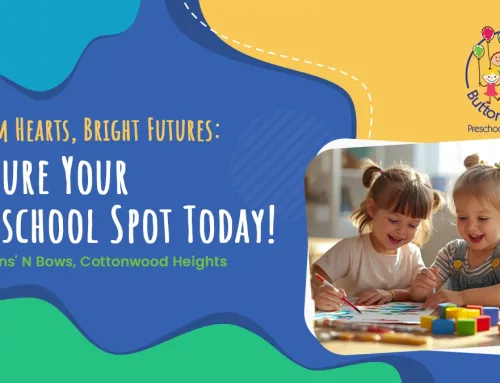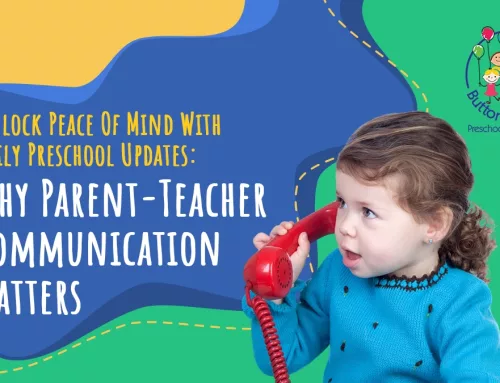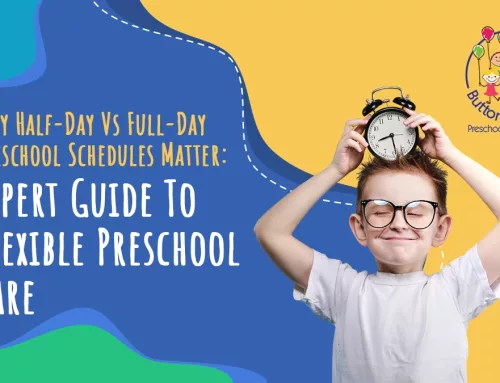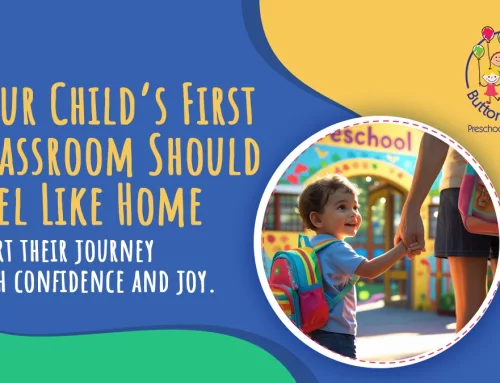Preschool is a pivotal time in a child’s development, typically ranging from 3 to 5 years old. Children begin exploring the world with curiosity and creativity during this stage, building the foundation for lifelong learning. At this preschool age, young minds thrive in nurturing environments that balance structured learning with playful discovery, helping them develop crucial cognitive, emotional, and social skills.
Preschool programs designed with intention can transform these early years into a period of significant growth and confidence-building. From hands-on activities like art and science experiments to opportunities for teamwork and self-expression, the preschool experience prepares children for success in school and beyond. Understanding the importance of preschool age is the first step to empowering children with the tools they need to thrive in an ever-changing world.
What Defines Pre-Kindergarten Age?
Pre-kindergarten age is a transformative stage in a child’s development, typically encompassing children aged 3 to 5. During these years, kids experience significant growth in their physical abilities, cognitive skills, and social-emotional awareness. Understanding this phase can help parents and educators provide the tools and environment for success.
Key Developmental Milestones of Preschool Age
During preschool, children achieve developmental milestones that mark their readiness for structured learning and interaction. These milestones help them navigate the world with growing independence and curiosity.
Here are some of the most common milestones:
- Physical growth and coordination: Improved motor skills, including running, jumping, and drawing.
- Language development: Expanded vocabulary and the ability to form complex sentences.
- Cognitive skills: Problem-solving, basic math concepts, and memory development.
- Social skills: Learning to share, take turns, and build friendships.
These achievements often vary from child to child, but they form the foundation for future learning and social interaction. Encouraging activities that build these skills is essential at this age.
Curiosity and Learning Through Play
Preschoolers are naturally curious, making this an ideal time to foster learning through exploration and play. Play isn’t just recreational for children; it’s a critical tool for developing their understanding of the world and practicing new skills.
Consider these types of play and their benefits:
- Imaginative play: Helps children explore roles and develop creativity.
- Constructive play: Activities like building blocks improve problem-solving and spatial reasoning.
- Active play: Running, jumping, and dancing enhance physical coordination and fitness.
- Social play: Games with peers teach cooperation and communication.
By blending different types of play, children develop various skills while enjoying the learning process. Creating a supportive and engaging play environment fosters personal and academic growth.
Social and Emotional Development
Preschool is critical for social and emotional learning. Children begin to navigate relationships, express emotions, and understand the feelings of others. This period is about more than just making friends—it is about building the skills they’ll need for a lifetime of healthy interactions.
Some key areas of social-emotional growth include:
- Self-regulation: Learning to manage emotions and behaviors.
- Empathy: Comprehending and responding to the feelings of others.
- Collaboration: Working together to solve problems or complete tasks.
- Confidence: Developing a sense of independence and self-worth.
Supporting these areas with group activities, storytelling, and positive reinforcement ensures children feel secure and capable as they grow. By understanding these aspects of preschool age, parents and educators can better guide children through this exciting and essential stage of development.
The Role of Preschool Programs in Early Learning
Preschool programs are crucial in shaping a child’s early learning experiences. They offer more than just a place to play. These programs provide structured environments where children can grow cognitively, socially, and emotionally while fostering curiosity and creativity. Preschool programs create the foundation for lifelong success by blending education with play.
Cognitive Development Through Structured Activities
Preschool programs are designed to support cognitive development by introducing children to foundational skills in reading, math, and problem-solving. This structured approach nurtures a love for learning and helps children develop critical thinking skills.
Here are some key aspects of cognitive growth supported by preschool programs:
- Language skills: Activities like storytelling and singing expand vocabulary and improve communication.
- Basic math concepts: Games with counting, sorting, or shapes introduce early math skills in a fun, engaging way.
- Creative thinking: Hands-on activities like art projects or puzzles encourage imagination and problem-solving.
These activities prepare children for academic success and build confidence in approaching new challenges.
Social Interaction and Emotional Growth
A significant benefit of preschool programs is the opportunity for children to connect with peers and develop social-emotional skills. These programs create safe environments where children learn to navigate relationships, share, and work together.
Key social-emotional skills nurtured in preschool programs include:
- Teamwork: Group activities teach children how to collaborate and compromise.
- Empathy: Storytime and role-playing help children understand others’ feelings.
- Self-regulation: Structured routines help children manage emotions and behavior.
- Confidence: Positive reinforcement encourages children to take initiative and try new things.
By building these skills, preschool programs equip children to handle social situations and challenges with resilience.
Hands-On Learning and Experiential Play
Preschool programs emphasize the importance of learning through play, blending educational goals with activities that captivate a child’s imagination. Hands-on experiences make lessons memorable while keeping children engaged and motivated.
Examples of hands-on activities include:
- Science experiments: Simple projects like growing plants teach curiosity and observation.
- Art and crafts: Drawing, painting, and crafting enhance fine motor skills and creativity.
- Physical play: Activities like obstacle courses improve coordination and encourage healthy habits.
- Music and movement: Dancing and singing boost memory and rhythmic skills.
These activities make learning enjoyable and simultaneously address multiple areas of development, including physical, cognitive, and emotional growth.
Preparing for Future Success
The structured yet playful environment of preschool programs sets children up for success in kindergarten and beyond. By fostering a love for learning and teaching essential life skills, these programs prepare children for both academic and social challenges.
From building friendships to mastering early academic concepts, preschool programs lay the groundwork for a lifetime of growth and achievement. By investing in these early years, parents and educators can help children explore their full potential in every aspect of life.
Early Childhood Education: Building the Pillars for Lifelong Success
Early childhood education is critical in a child’s development, providing the foundation for academic achievement, social skills, and emotional well-being. These early learning experiences, typically offered through preschool programs, emphasize the importance of nurturing young minds during the most formative years of life.
The Importance of Early Learning
The brain develops astonishingly during the first few years of life, making early childhood education a powerful tool for shaping how children perceive and interact with the world. Programs focused on early learning introduce children to foundational concepts while encouraging curiosity and exploration.
Key benefits of early childhood education include:
- Cognitive growth: Activities that promote problem-solving, memory, and critical thinking lay the groundwork for academic success.
- Social skills: Group settings help children learn to communicate, cooperate, and build relationships.
- Language development: Exposure to storytelling, songs, and discussions expands vocabulary and improves communication.
- Emotional intelligence: Structured environments teach children how to manage emotions and build resilience.
By focusing on these areas, early education prepares children for school and equips them with skills that last a lifetime.
Nurturing Holistic Growth Through Play
Play is central to early childhood education, serving as a medium for children to learn naturally. Through play, children explore their creativity, practice problem-solving, and grow fine motor skills, all while having fun.
Types of play that support holistic growth include:
- Imaginative play: Encourages creativity and problem-solving by letting children role-play and create stories.
- Sensory play: Playing with sand or water enhances sensory awareness and coordination.
- Collaborative play: Games and group tasks teach teamwork, patience, and social etiquette.
- Physical play: Movement-based activities develop gross motor skills and encourage healthy habits.
Educators use these play-based approaches to integrate learning seamlessly into activities, ensuring children stay engaged and motivated.
Long-Term Impact of Early Childhood Education
The perks of early childhood education extend far beyond the preschool years. Studies show that children participating in high-quality learning programs are likelier to succeed academically, socially, and professionally.
Some long-term advantages include:
- Higher academic achievement: Early exposure to learning builds a strong foundation for reading, math, and problem-solving.
- Stronger interpersonal skills: Early experiences with group interactions foster communication and collaboration abilities.
- Improved emotional resilience: Learning to manage emotions early helps children navigate challenges later in life.
- Better career prospects: Studies suggest that early education positively correlates with higher earning potential in adulthood.
These outcomes highlight the transformative power of early childhood education in shaping a child’s future.
Partnering with Families for Success
The success of early childhood education programs is amplified when parents and caregivers actively engage in their child’s learning journey. By fostering a supportive and enriching home environment, families play a vital role in reinforcing the lessons and values children learn in preschool.
Ways families can support early learning include:
- Creating a learning-rich environment: Provide books, puzzles, and creative materials at home to encourage exploration.
- Establishing routines: Consistent meals, playtime, and sleep schedules help children feel secure and ready to learn.
- Engaging in shared activities: Reading stories, playing games, and cooking together, strengthens bonds while teaching valuable skills.
- Communicating with educators: Regularly discussing a child’s progress ensures alignment between home and school.
These small, consistent actions build a bridge between preschool and home, creating a cohesive learning experience for the child.
Conclusion
Early childhood education is more than a stepping stone—it’s the foundation for a bright future. From fostering curiosity and creativity to building essential social and emotional skills, the preschool years set the stage for a lifetime of success. High-quality preschool programs blend structured learning and playful exploration, helping children develop into confident, capable learners.
As parents, caregivers, and educators, we are privileged to guide young minds through this pivotal stage. By creating enriching environments and partnering with trusted early learning programs, we can ensure every child has the tools to develop academically, socially, and emotionally.
Are you ready to give your child the best start in life? Contact Buttons’ N Bows Preschool and Childcare today to learn how our nurturing programs can make a lasting difference for your little one. Visit our contact page or call us at 1-801-278-8223 to schedule a visit or ask any questions. Let’s work together to build a strong foundation for your child’s future!




